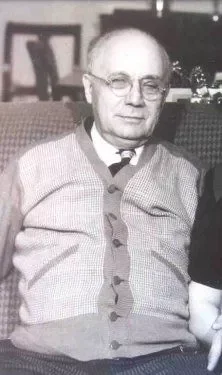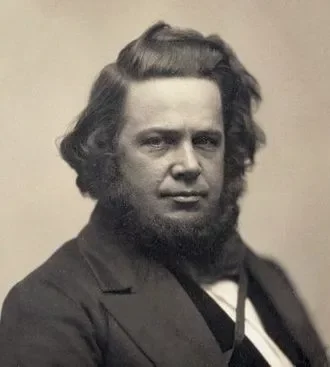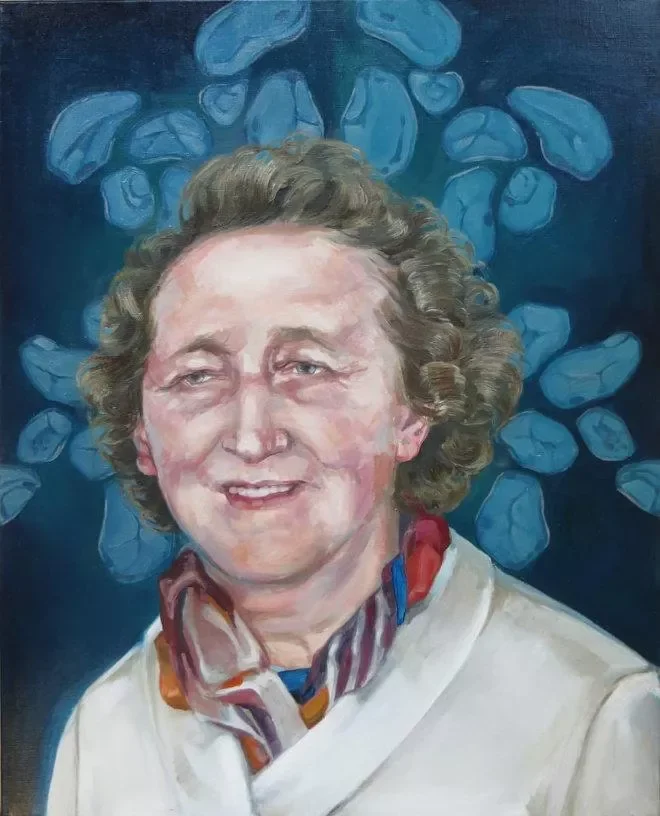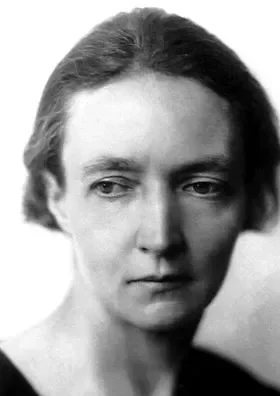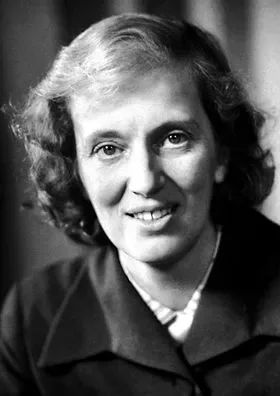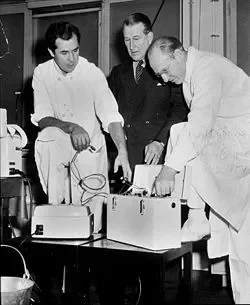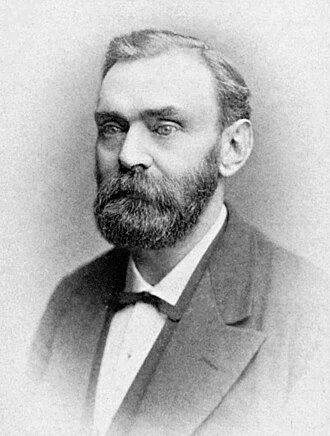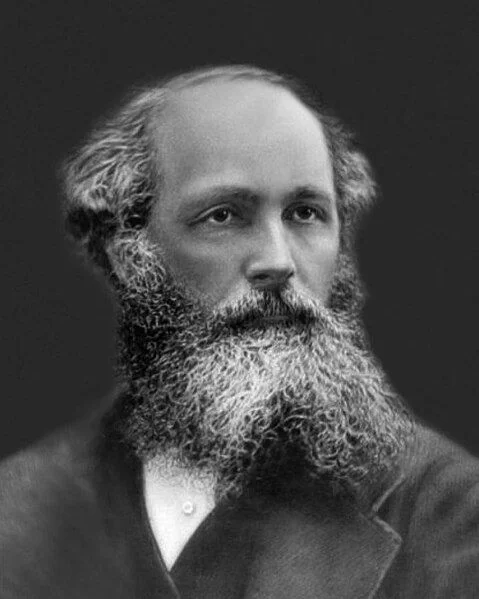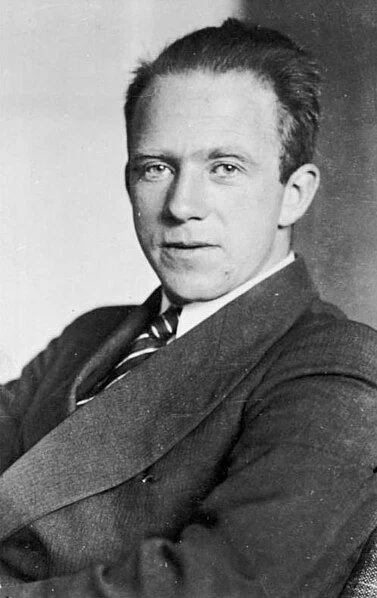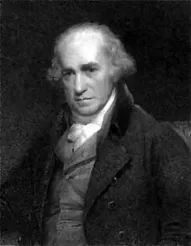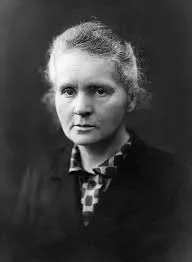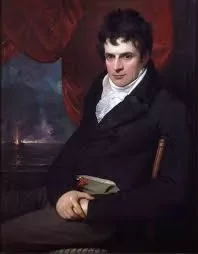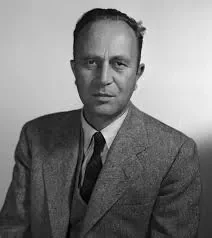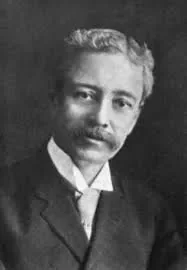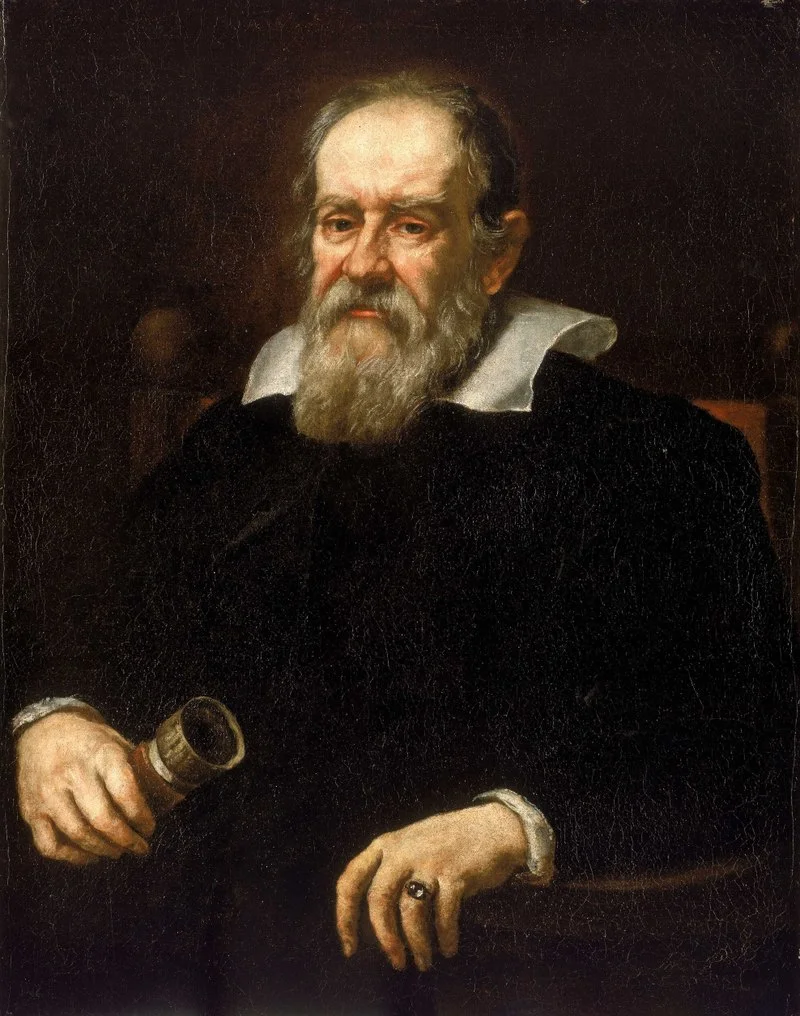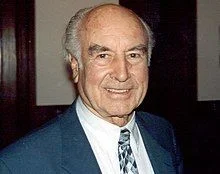Real Celebrities Never Die!
OR
Search For Past Celebrities Whose Birthday You Share
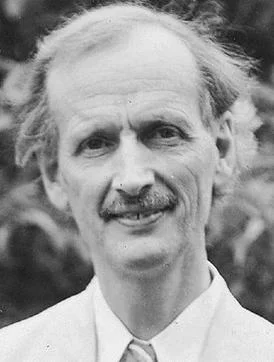
source:wikipedia.org
Jean Piccard
Birthday:
28 Jan, 1884
Date of Death:
28 Jan, 1963
Cause of death:
Unknown
Nationality:
Swiss, American
Famous As:
Chemist
Age at the time of death:
79
Jean Piccard's Quote's
Early Life and Education
Jean Felix Piccard, a renowned Swiss-American scientist and explorer, was born on January 28, 1884, in Basel, Switzerland. Growing up in an academic family, with his father, Jules Piccard, being a professor of physics, Jean developed a strong interest in science from an early age.
Academic Pursuits and Move to the United States
In 1907, Piccard graduated with a degree in chemical engineering from the Swiss Federal Institute of Technology. He later moved to the United States to further his studies at the University of Chicago, where he became involved in the emerging fields of aeronautics and atmospheric research.
In 1931, Jean Piccard and his wife, Jeannette, performed a record-breaking balloon ascent into the stratosphere, reaching an altitude of 15,785 meters (51,775 feet). This achievement provided valuable data on high-altitude studies and paved the way for future space explorations.
Research in Cosmic Rays and Atmospheric Electricity
In addition to his work in aviation, Piccard made significant contributions to the study of cosmic rays and atmospheric electricity. His research laid the foundation for a deeper understanding of Earth’s upper atmosphere and its interaction with cosmic phenomena.
Professional Career and Collaborations
Jean Piccard’s career was diverse and distinguished. He held various academic positions, including teaching physics at the University of Minnesota. His expertise in aeronautics led him to collaborate with prominent organizations like the National Geographic Society and NASA.
Beyond his scientific work, Piccard was a passionate advocate for peace and international collaboration, particularly during times of political unrest. He believed strongly in the peaceful use of technology for the betterment of humanity.
Legacy and Passing
Jean Piccard passed away on January 28, 1963, at the age of 79, leaving behind a rich legacy of scientific achievement. His work continues to inspire future generations of scientists and explorers.
A Pioneering Scientist and Explorer
Jean Piccard’s life was marked by innovation and exploration, from his early years in Switzerland to his groundbreaking work in aeronautics and atmospheric studies. His commitment to peaceful exploration and scientific advancement makes him a significant figure in the history of science.
Name:
Jean Piccard
Popular Name:
Jean Piccard
Gender:
Male
Cause of Death:
Unknown
Spouse:
Place of Birth:
Basel, Switzerland
Place of Death:
Minneapolis, United States
Occupation / Profession:
Personality Type
Logician: Innovative inventors with an unquenchable thirst for knowledge. He was always eager to learn and willing to work hard for knowledge.
Apart from his work in ballooning, Jean Piccard also played a vital role in submarine technology. He built the first fiberglass-hulled submarine, named the "Ben Franklin," which successfully completed a transatlantic crossing in 1969.
In 1934, Jean Piccard achieved a major milestone by reaching a record-breaking altitude of 17,083 meters (55,791 feet). This incredible ascent, conducted in a pressurized gondola, set a new benchmark for balloon flights.
In the 1950s, Piccard played a pivotal role in designing the gondola for the pioneering high-altitude balloon experiments conducted by the United States Air Force. He also co-designed the pressurized cabin for the U.S. Navy's Skyhook balloons.
Jean Piccard, along with his twin brother Auguste Piccard, made significant advancements in the field of high-altitude balloon exploration. They conducted numerous ascents to study cosmic rays, atmospheric conditions, and climate patterns.
Balzan Prize (1981) posthumously
Hubbard Medal (1934)
National Aviation Hall of Fame (inducted in 1985) posthumously
William Warren Sweet Award (1960)

